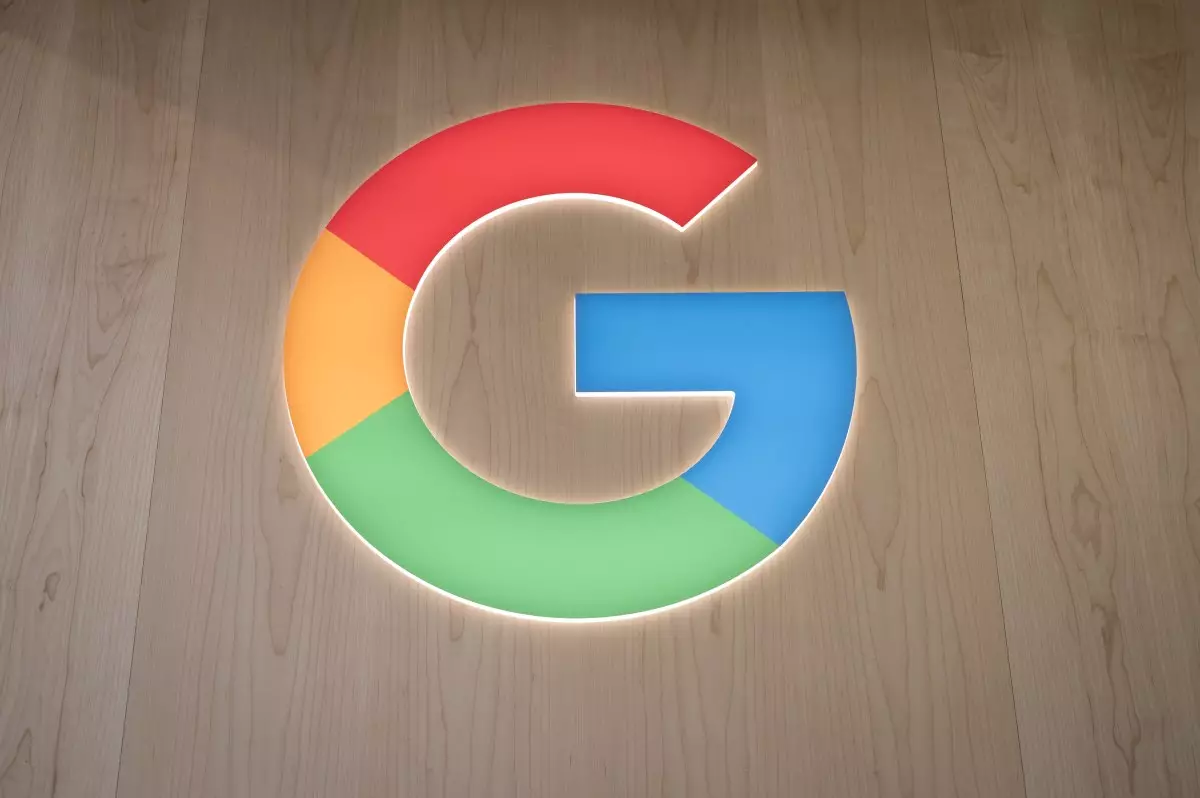As artificial intelligence (AI) continues to permeate various sectors, its influence on search engines, particularly Google’s, is profound. Recently, Google has begun incorporating ads into its AI-generated Overviews and is rolling out AI-organized search result pages in the U.S. While this strategy seeks to enhance user experience and engagement, it also raises significant concerns about reliability, user satisfaction, and the implications for publishers and advertisers alike.
Google’s recent updates mark a significant shift from traditional search mechanisms to an AI-driven framework. By introducing AI Overviews, which are summaries generated based on user queries, Google aims to provide more concise and relevant information. Nevertheless, the integration of ads into these Overviews appears to be a bid to monetize this feature. For example, mobile users searching for specific queries may soon find ads with a “Sponsored” label nestled within the AI-generated summaries. This dual approach of providing information while simultaneously targeting advertisements is indicative of a broader trend in technology — the intersection of content and commerce.
While the data from Google suggests that these ads have been beneficial for users, with enhanced connections to relevant products and services, this innovation is not without its flaws. The clutter generated by the inclusion of advertisements may dilute the effectiveness of the AI summaries, pushing essential non-sponsored content further down the page. Consequently, what is intended to be a streamlined user experience could paradoxically become less efficient as users sift through cluttered information.
Despite the potential of AI to enhance search functionality, the challenges it faces regarding information accuracy cannot be overlooked. The AI Overviews feature has already come under scrutiny for its propensity to provide misleading information, as some summaries have been noted for referencing “dubious” sources. This raises important questions about the integrity of the AI’s algorithm and its ability to discern reliable data from misinformation.
Ultimately, Google acknowledges the limitations of the AI Overviews feature. In a recent briefing, Rhiannon Bell, VP of user experience for Google Search, emphasized the ongoing efforts to refine this tool, admitting that the company is still on a learning curve. It is clear that as Google seeks to compete with alternatives like ChatGPT and Perplexity, it is imperative that the company simultaneously focuses on the accuracy of content generated by AI.
The introduction of AI-organized search result pages further complicates the landscape for online publishers. While Google touts these pages as a means to diversify content and enhance user experience, the potential ramifications for publishers are troubling. With significant portions of web traffic historically driven by organic search results, the emerging structure that de-emphasizes links could result in substantial declines in visibility for content creators.
The ramifications come at a cost; an analysis noted that AI Overviews could potentially threaten around 25% of publisher traffic. Further data suggests that this decline in traffic may extrapolate to over $2 billion in losses related to ad revenue. Although some publishers have not yet experienced drastic declines in traffic, the landscape remains precarious. As Google continues to dominate the search market, capturing over 81% of user searches globally, the ripple effects of these changes could grow more pronounced.
As Google advances its utilization of AI within search, it faces both opportunities and challenges. The promise of enriching user interaction with tailored information through AI is compelling, but the company must proceed with caution. The integration of advertisements needs careful management to prevent diminishing user trust and satisfaction.
Moreover, as AI-generated summaries and ad placements evolve, Google must prioritize transparency and ensure that users can differentiate between commercials and unbiased content. The selection criteria for AI Overviews demand continual refinement, as biased or outdated data could jeopardize user confidence in the tool.
As AI technology evolves, so too must the strategies employed by Google to harness its potential while safeguarding user interests and respecting the ecosystem of content creators. The path ahead is complex, laden with the danger of misinformation and user disengagement, but it is also rife with the promise of innovation. By committing to accuracy, enhancing user experiences, and addressing the concerns of publishers, Google can strive to stay at the forefront of the search engine sector while navigating this intricate digital landscape.

